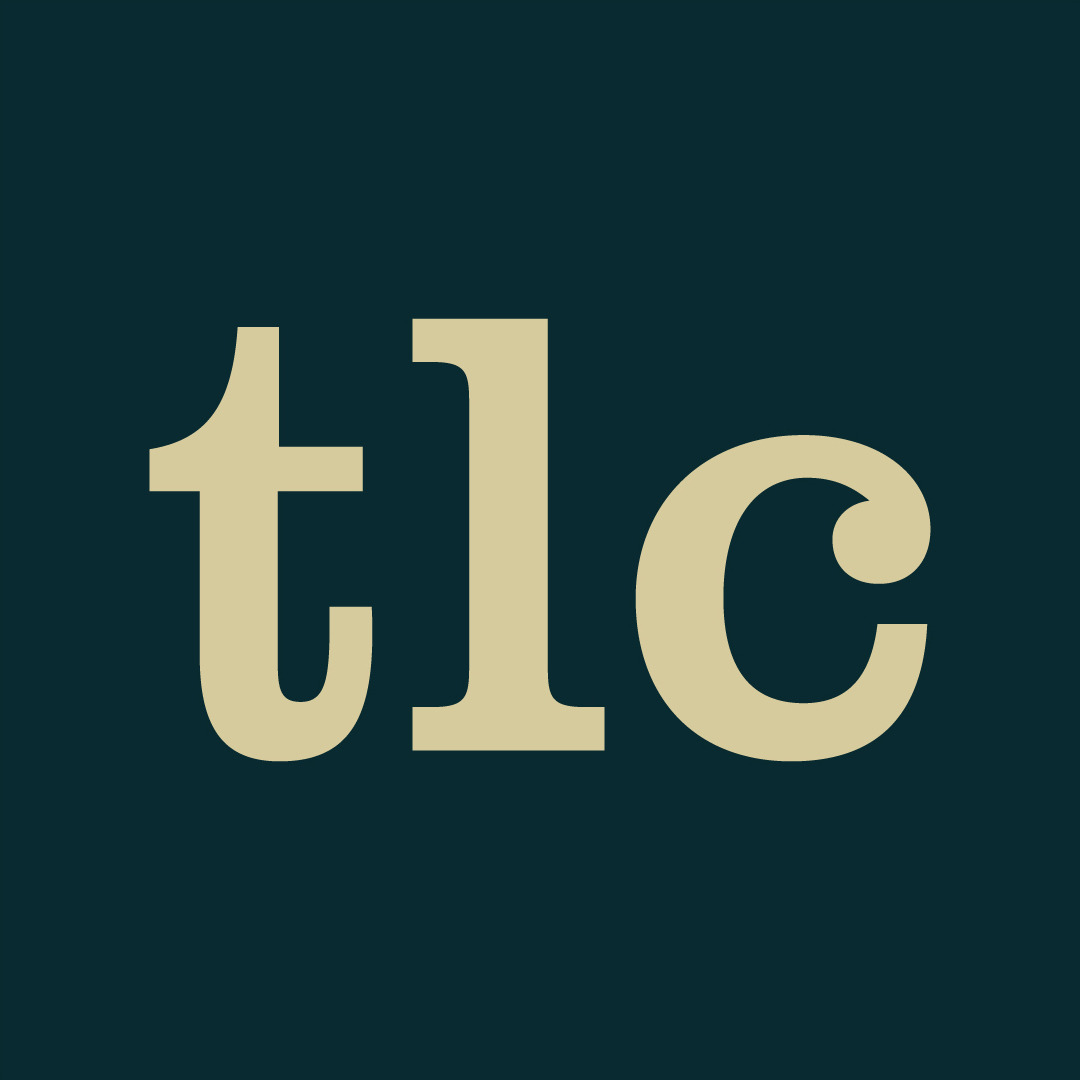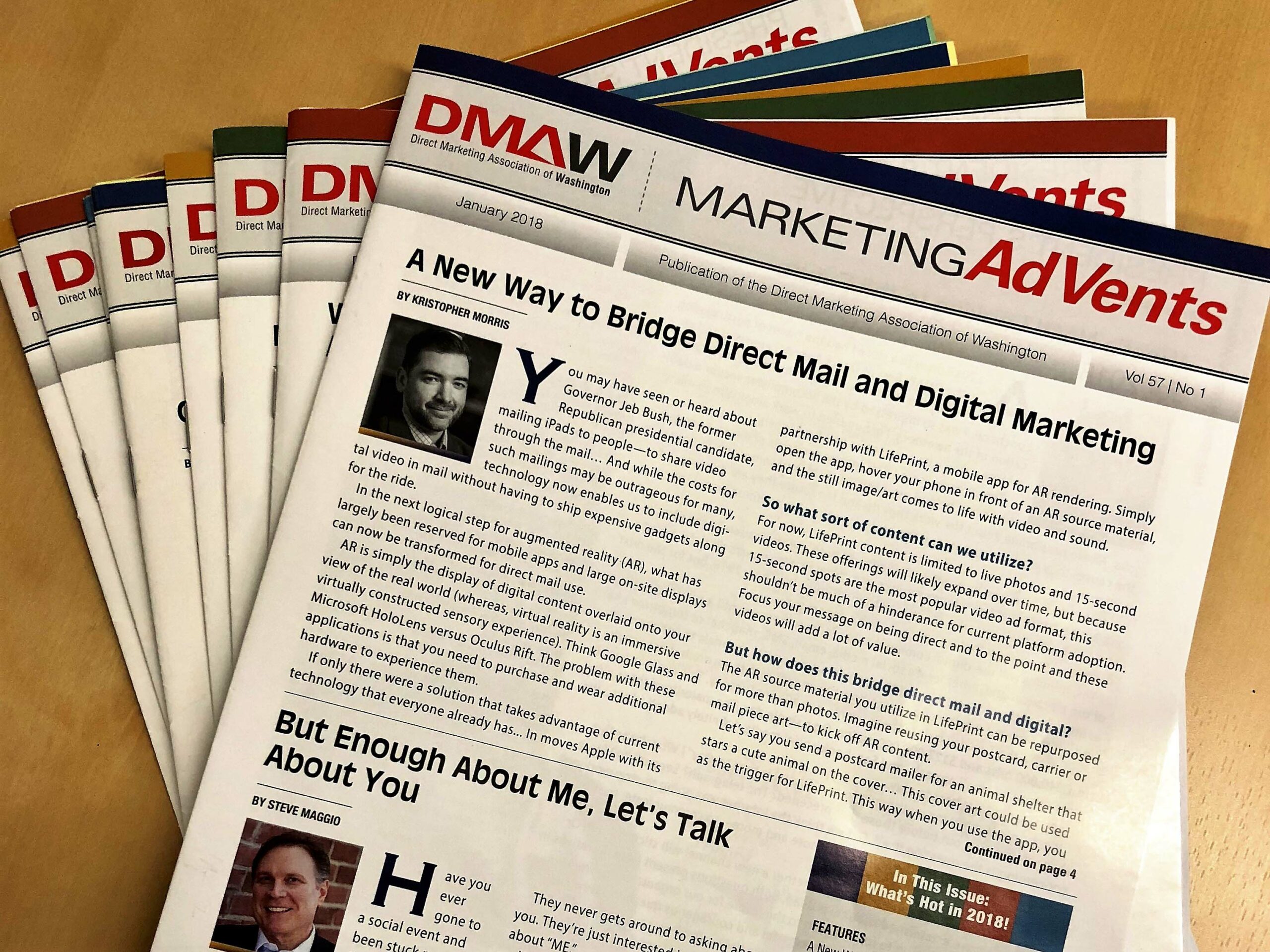Breaking News
Emergency Funds for Nonprofits
ARLINGTON, VA, April 3, 2020: In response to the global coronavirus pandemic, Congress passed and President Trump signed the largest emergency relief package in American history.
With nonprofits unable to pursue their missions, welcome visitors, host events, and everything else that connects them to their donors, they are facing similar financial challenges to those faced by small businesses all over the country.
The good news it that the Coronavirus Aid, Relief, and Economic Security (CARES) Act provides targeted financial relief not only to small businesses, but also to nonprofits impacted by the public health crisis. Below are some answers to frequently asked questions from nonprofit leaders seeking to understand what the CARES Act does and – most importantly – how their organizations can get immediate financial support.
How much money did the CARES Act appropriate?
The total package is much larger, but for our purposes, the Small Business Administration (SBA) set aside $349 billion for small businesses under the Paycheck Protection Program (PPP). These funds will be allocated in the form of federally-backed loans.
How much money can any individual business receive from one of these loans?
Qualifying small businesses and self-employed individuals that have been adversely affected by the pandemic can receive a maximum of $10 million.
What are the terms of these loans?
More details are below, but they can largely be forgiven provided you use the money for qualifying expenses (payroll, rent, etc.). In that sense, these loans are effectively tax-free grants you can use to get by in challenging times.
What is the deadline?
These loans can be accessed quickly through approved banks and non-bank lenders and are scheduled to be available until June 30, 2020.
Are nonprofits really considered “small businesses” under this program?
YES. The SBA includes 501(c)(3) organizations, 501(c)(19) veterans’ organizations, and the tribal businesses with 500 or fewer employees as small businesses.
There are special rules for calculating the number of employees for businesses with multiple “affiliated entities” in different locations; however, as long as you were operating on February 15th, 2020 with paid personnel and a staff of fewer than 500 people, you’re considered a small business and eligible for emergency financial relief under the CARES Act.
What are we allowed to use this money for?
- Payroll costs, including salaries and commissions, health care benefits, paid leave, and insurance premiums
- Rent or mortgage
- Utilities
- Interest (but not principal) on mortgages and other debt incurred before February 15, 2020
How much documentation and collateral do we need to qualify?
Not much! This program was designed for speed. In order to quickly get funds out the door to entities that need them, the CARES Act waived typical supporting documentation and explanation requirements. Likewise, there is no collateral necessary, nor any prepayment penalties. Even the application is free! You can view the sample application here.
All you are required to do is make a good-faith certification that:
- Because of the pandemic, you need the loan to pay for existing operations;
- The loan will be used for payroll, mortgage, lease, and utility expenses; and
- You have not applied for or received duplicative SBA loan funding.
How do I ensure that the loan is forgiven?
This is a big key – you must document that the funds were used for approved expenses (again – payroll costs, rent or mortgage, interest, and utilities) over the first eight weeks immediately after the loan origination date. Loan forgiveness will not be granted without proper documentation, so it’s important that you maintain meticulous records of your employee roster, payroll costs, rent or mortgage payments, and utility payments. This way you will receive forgiveness for 100% of the loan’s principal. Note that the forgiveness amount will be reduced on a proportional basis should there be a reduction of employee compensation or the number of your employees.
Some other terms to keep in mind are..
- Deferment: Principal, interest, and fees can all be deferred for at least six months.
- Interest rate: The interest rate will not exceed 4%.
- Maturity date: The maturity date will be up to 10 years for repayment of any amounts that are not forgiven, such as interest, impermissible expenses, and reductions.
Do I have other options?
You do. The CARES Act also made changes to existing programs which may be a better fit for your circumstances.
- SBA Express Loans: The cap on these loans (revolving lines of credit for working capital) has now been increased from $350,000 to $1 million. This increase will expire on December 31, 2020.
- SBA EIDL Loans and Emergency Grant: SBA’s Economic Injury Disaster Loans (EIDL) are providing up to $2 million to small businesses that have been adversely affected by the pandemic. These loans do need to be repaid, but payments may be deferred for up to a year, the loan term can be up to 30 years, and nonprofits get a special interest rate of 2.75%.
- General SBA Debt Relief: The CARES Act allocates $17 billion to provide further dept relief to existing borrowers. The SBA will pay principal, interest, and fees on covered existing SBA loans for 6 months.
As our country and elected officials respond to this unprecedented challenge, there will undoubtedly be more laws and regulations enacted that affect the ability of nonprofits to absorb COVID-19’s adverse financial impact. TLC will stay up to date on all the changes and more as we partner with our clients and community to navigate our way through these uncertain times.
Your continued ability to pursue your mission is important to us. If you have any questions about the stimulus package or if you think we may be able to help in any way, please contact Seth Colton at seth@thelukenscompany.com.
As information about the coronavirus pandemic rapidly changes, some information in this breaking news update may have changed after publication. For the latest information on COVID-19, refer to the trusted resources below.




